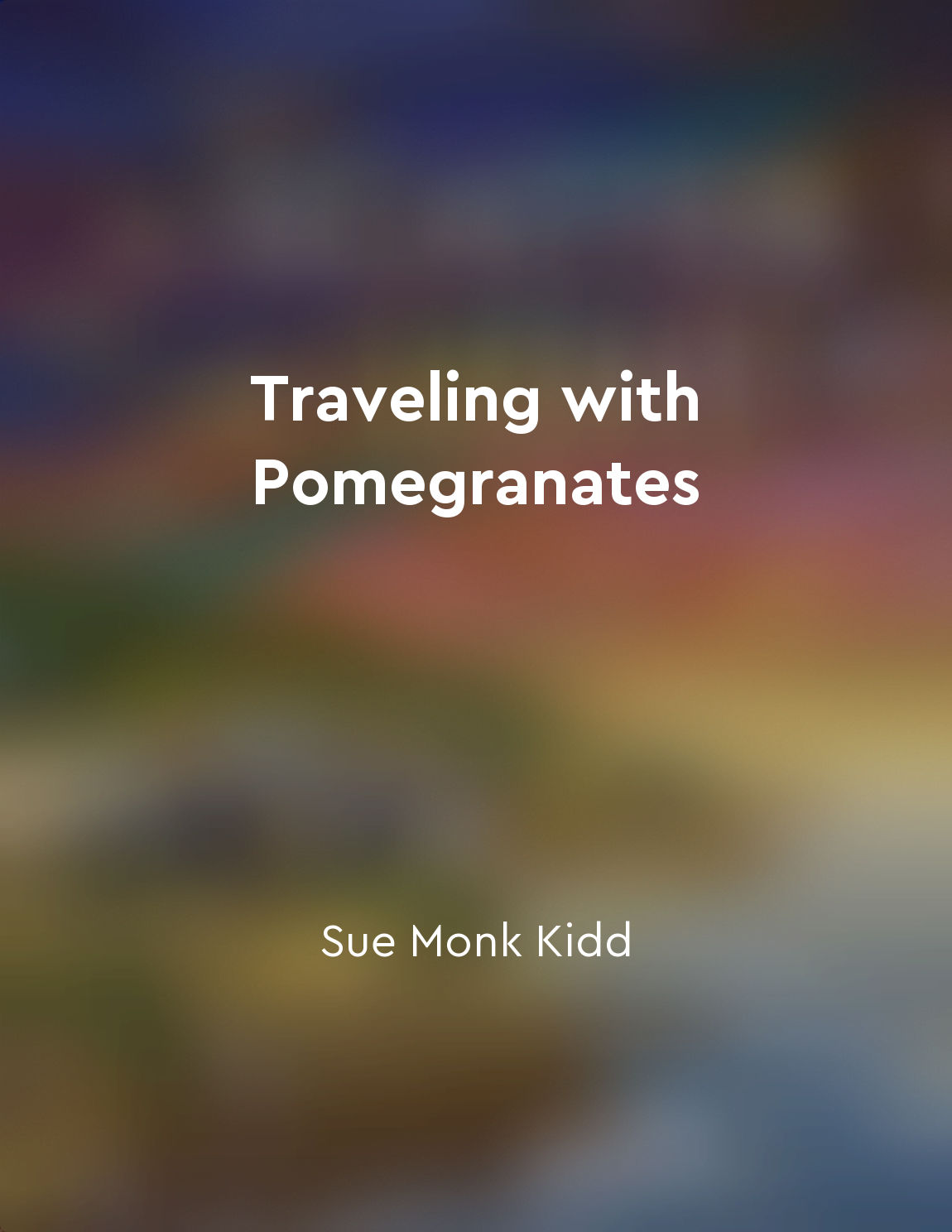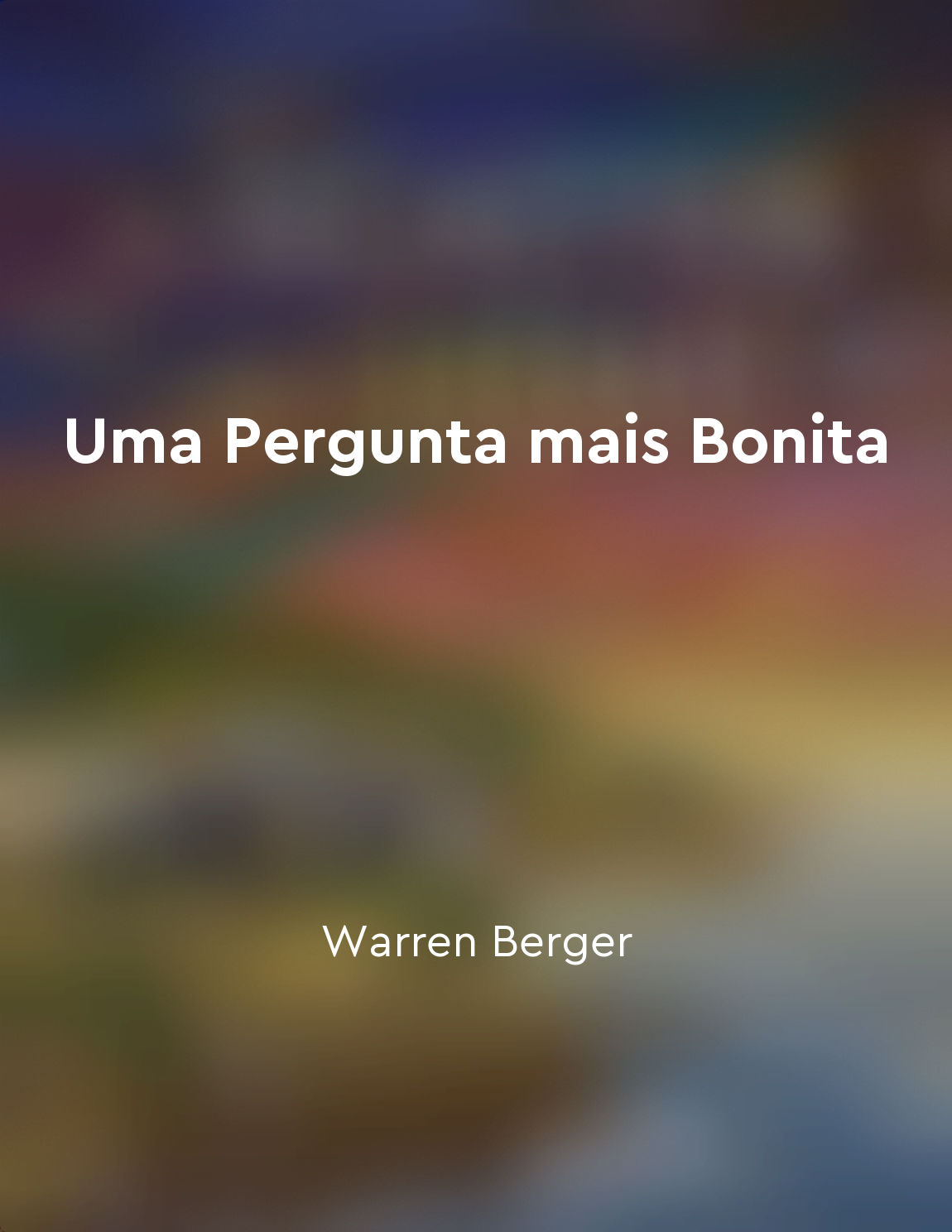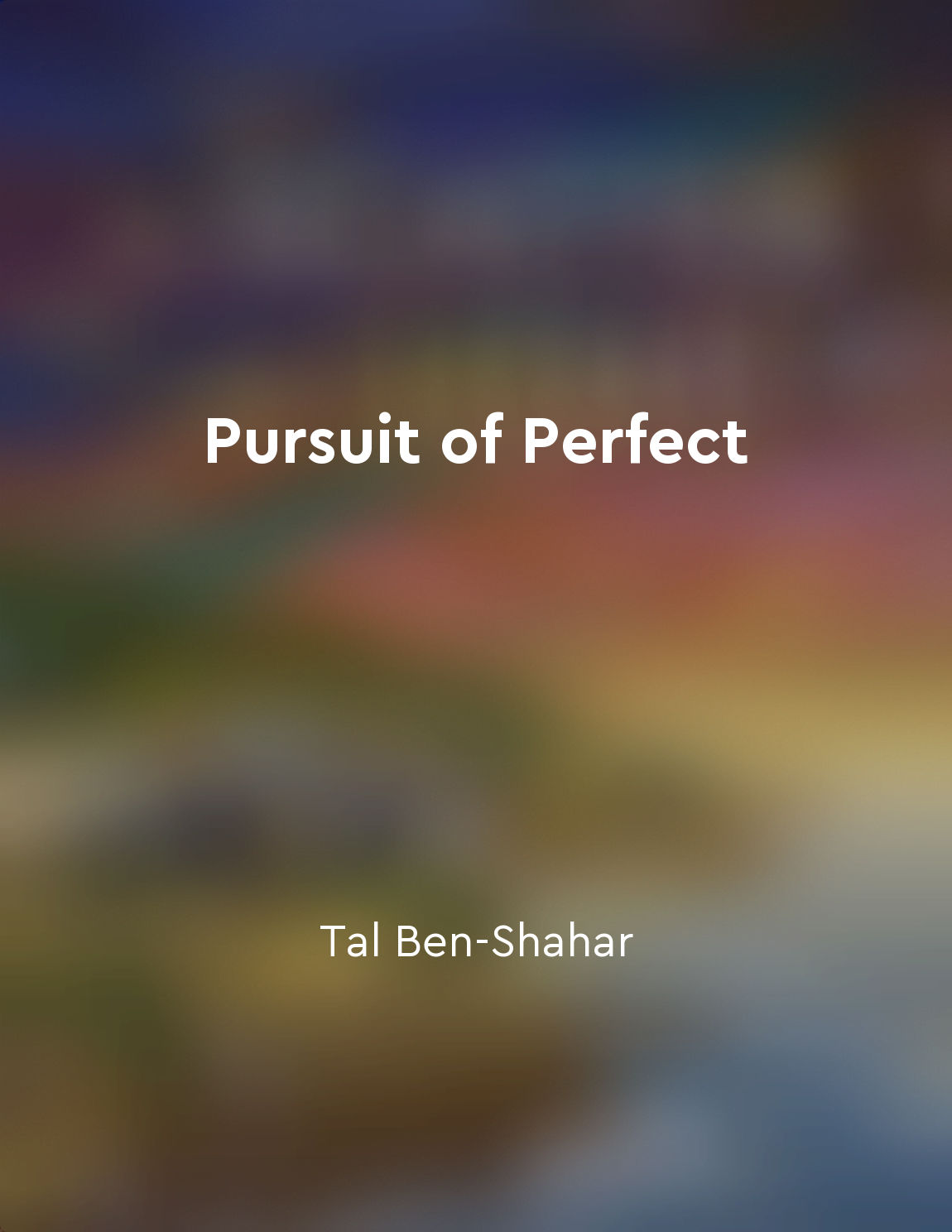Human creativity is driven by instinctual impulses from "summary" of The Human Instinct by Kenneth R. Miller
Human creativity is a remarkable aspect of our species, one that sets us apart from all others on this planet. It is the force behind our ability to produce art, music, literature, and countless other forms of expression that enrich our lives and define our culture. But where does this creativity come from? What drives us to create, to imagine, to innovate? The answer, I believe, lies in our instinctual impulses. At first glance, this may seem counterintuitive. After all, we tend to think of creativity as a uniquely human trait, one that is the product of our conscious thought and rationality. But when we look more closely at the roots of creativity, we find that it is deeply intertwined with our most basic instincts and drives. These instincts have been shaped by millions of years of evolution, honed by the forces of natural selection to help us survive and thrive in a challenging and ever-changing world. Take, for example, the instinct of curiosity. This innate drive to explore and understand the world around us is a fundamental aspect of human nature, one that has been essential to our success as a species. It is this same curiosity that fuels our creativity, inspiring us to ask questions, to seek out new experiences, and to push the boundaries of what is known and possible. In this way, our creativity is not simply a product of our rational minds, but also of our deep-seated instincts to learn, to adapt, and to grow. Another key instinct that drives our creativity is our social nature. Humans are inherently social animals, wired to connect with others, to communicate, and to collaborate. This social instinct is a powerful force for creativity, as it allows us to share ideas, to build on each other's work, and to create something greater than any one individual could achieve alone. Our instinctual drive to connect with others, to form relationships, and to work together is a critical factor in the creative process, shaping the way we think, the way we communicate, and the way we innovate. In this way, our creativity is not a solitary endeavor, but a deeply social and collaborative one, rooted in our instinctual impulses to connect, to communicate, and to create together. Our creativity is also deeply intertwined with our emotional lives, driven by our instincts to feel, to empathize, and to express ourselves. Emotions play a crucial role in the creative process, shaping our thoughts, our ideas, and our creations in profound ways. Our instinctual impulsesSimilar Posts

Love is an enduring force
Love, in all its forms, has the power to endure through the trials and tribulations of life. It is a force that transcends time...
The beauty of poetry lies in its ability to capture the essence of life
Poetry, with its exquisite beauty, has the unique power to reveal the very essence of life itself. Through the artful weaving o...
Seek feedback from trusted sources to improve your work
In the pursuit of excellence, seeking feedback from trusted sources is a crucial step in the creative process. These trusted so...

Effective questions promote meaningful discussions
Warren Berger emphasizes the importance of asking effective questions to stimulate meaningful discussions. When we pose thought...
General knowledge enhances social interactions
The acquisition of general knowledge plays a crucial role in enhancing social interactions. When individuals possess a wide ran...

Nurturing creativity allows for exploration and innovation
When we create an environment that fosters creativity, we open the door to endless possibilities. By encouraging exploration an...
Specialization increases productivity and efficiency
Specialization is a fundamental concept that drives human progress and innovation. By focusing on a specific task or skill, ind...
